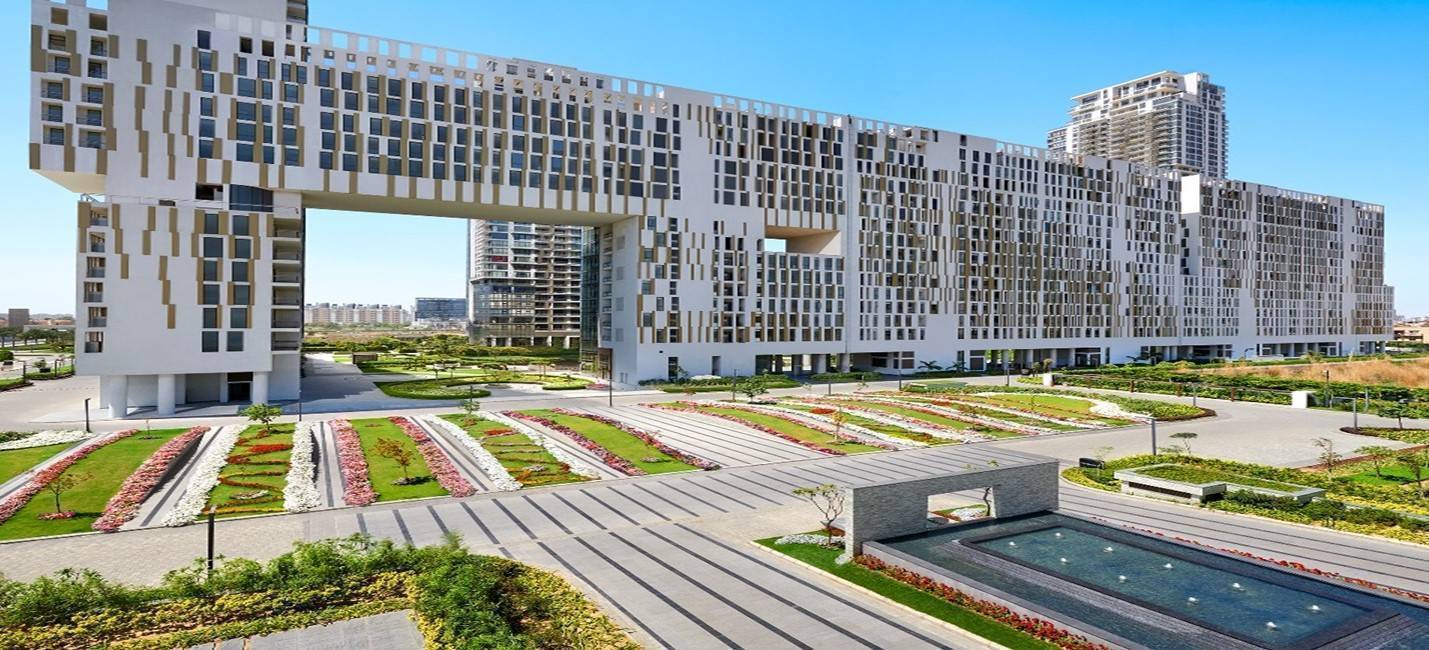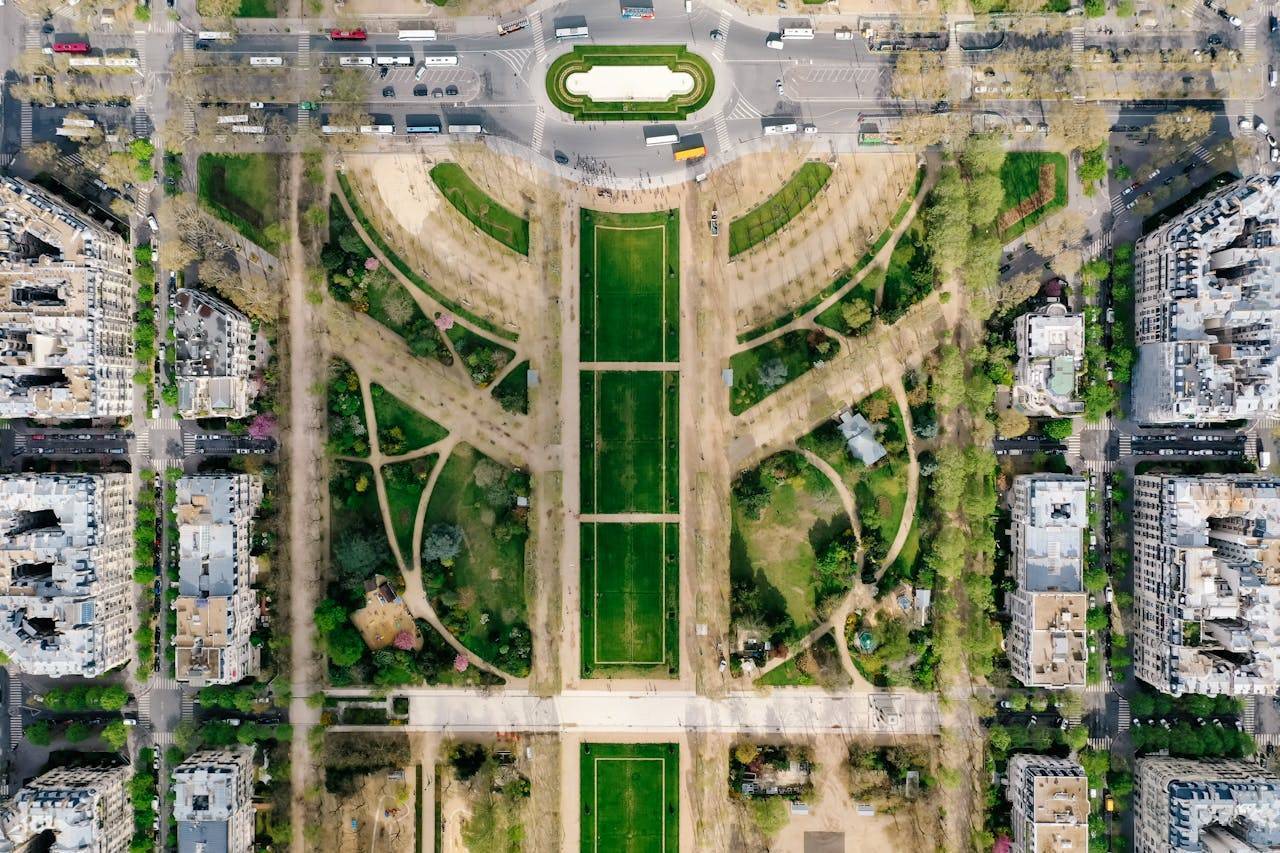The Housing and Urban Planning Department of Uttar Pradesh has introduced standardized rules for the assessment, levy, and collection of various fees related to building permits. These include impact fees, development permit fees, building permit fees, and inspection fees, which are collected during the approval process for building maps. The new regulations aim to create uniformity across development authorities and prevent discrepancies in fee collection.
Implementation of New Rules
The new regulations, issued on January 28, 2025, fall under two separate sets of rules: the Uttar Pradesh Urban Planning and Development (Assessment, Levy, and Collection of Impact Fee) Rules of 2024, and the UP Urban Planning and Development (Assessment, Levy, and Collection of Development Permit Fee, Building Permit Fee, and Inspection Fee) Rules of 2024. The Ghaziabad Development Authority (GDA) has shared the details of these newly notified rules, which apply to different types of land use and development projects.
An impact fee will be applicable in cases where a higher land use activity is planned over an area designated for lower land use. The new rules define land use activities such as transport, industrial, residential, office, and commercial, and assign different coefficient numbers for fee calculations. The amount of the impact fee will be determined based on a formula that considers the plot area, circle rate, and the designated coefficient for the intended land use.
Similarly, development permit fees will now be determined based on the total land area, while building permit fees will be charged at a per-square-meter rate depending on the land usage. Inspection fees will also be standardized based on a predefined formula. These standard rates will be implemented across all development authorities in the state.
Rationale Behind Standardization
Previously, development authorities in Uttar Pradesh collected these fees without a standardized framework, leading to inconsistencies and disputes. The absence of defined rules drew the attention of courts, prompting the need for uniform regulations. The new framework is expected to streamline the fee collection process and reduce ambiguity.
Authorities were already imposing fees during the building approval process, but the lack of clear guidelines resulted in variations in charges across different projects. The new standardized approach ensures that development authorities follow a uniform structure while levying these fees.
The new framework will help eliminate disparities and provide clarity on the fee structures. In the past, developers often faced difficulties in predicting permit costs, leading to potential budget overruns and project delays. By enforcing standard charges, the government aims to promote a fair and predictable development environment.
Impact on Developers and Real Estate Sector
The standardization of fees is expected to provide clarity to developers and property owners. Real estate developers have previously raised concerns regarding arbitrary fee structures imposed by development authorities. With the introduction of these regulations, there will be greater transparency in fee assessments, preventing the imposition of ad hoc charges on developers.
A major advantage of the new regulations is the elimination of uncertainties related to fee calculations. Development authorities can no longer apply different rates to similar projects, ensuring a level playing field for all stakeholders. This move is expected to boost confidence among investors and developers, facilitating smoother project approvals and financial planning.
Industry representatives have welcomed the move, noting that the revised regulations will contribute to better governance and reduce the scope for disputes between developers and authorities. The structured approach to impact fees, development permits, and building approvals will likely encourage more streamlined operations in the real estate sector.
Authorities believe that the new regulations will improve the overall efficiency of the permit approval process. Standardized fees will allow for better financial planning by developers and create a more predictable regulatory environment.
Response from Authorities
Senior officials from the GDA have yet to provide an official response regarding the new regulations. However, media coordinator Rudresh Shukla indicated that the authority will review the documents and provide further clarification at a later stage.
Experts believe that the updated fee structure will benefit both developers and government agencies by removing ambiguity in the permit approval process. By reducing discretionary powers in fee assessments, the authorities are expected to create a more transparent and business-friendly regulatory environment.
The new regulations also align with broader government initiatives aimed at promoting planned urban development. By ensuring that land use changes and building permits are subject to standardized charges, the government aims to optimize infrastructure development and land utilization.









.png)